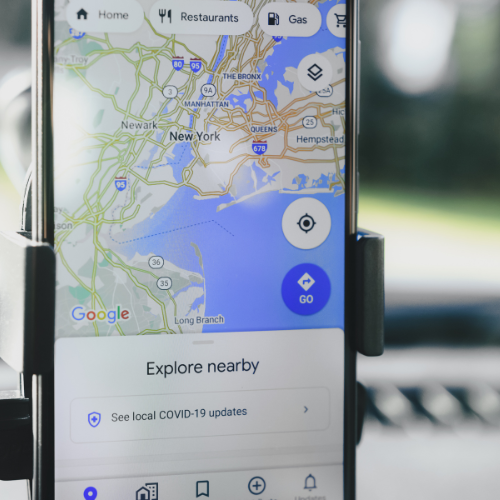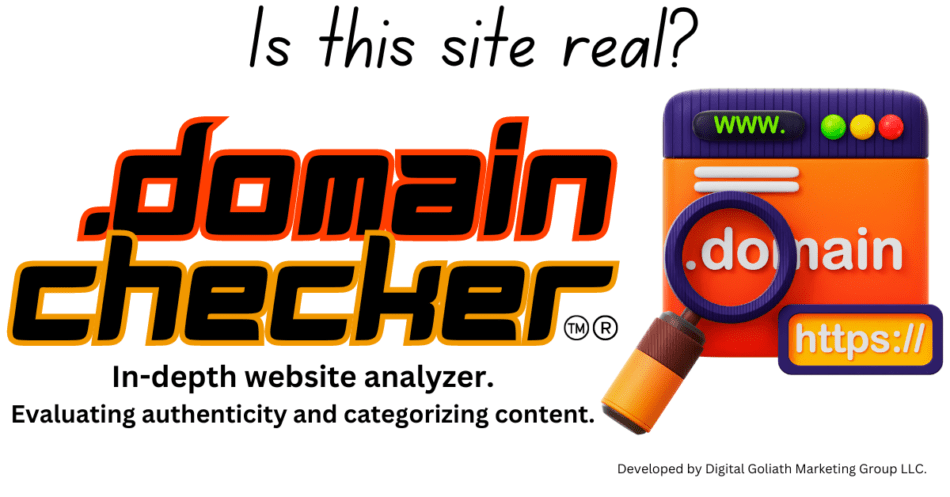Hello everyone, Welcome. So as some of us know, in the ever-evolving world of digital marketing, doing your local Search Engine Optimization (SEO) stands as a crucial part for every businesses aiming to gain the attention and loyalty of nearby customers.
While traditional SEO strategies focus on improving a website’s visibility on a global scale, local SEO narrows down the scope, targeting audiences within a specific geographical area, even hyper localities.
However, beyond the surface-level tactics that a lot of people know of, there lie hidden and lesser-known strategies that can significantly amplify a business’s local online presence.
So in this article we are going to go over some of local SEO skills that are lesser known, uncovering powerful tactics that remain underused and largely unknown to many marketers.
By exploring these strategies, businesses can navigate through the competitive landscape more effectively and carve out a niche in their local markets.

Exploring the Landscape of Local SEO: An Overview
Local SEO is a focused field that demands a comprehensive understanding of various factors influencing search engine rankings on a local scale.
It involves optimizing a business’s online presence to appear in local search results, which are increasingly personalized and location-specific. As search engines, particularly Google, become more adept at discerning user intent, the importance of local SEO only intensifies.
This calls for a strategic approach that aligns with how people search for local businesses and services.
The cornerstone of a successful local SEO strategy is the emphasis on relevance, proximity, and prominence. These factors dictate how well a business ranks in local search queries. By enhancing these aspects, businesses can significantly improve their visibility to potential customers in their immediate vicinity.
However, achieving this requires more than just claiming a Google My Business listing; it involves a deep dive into lesser-known tactics that can provide a competitive edge.
One of the foundational steps in mastering local SEO is acknowledging the dynamic nature of search algorithms and user behavior.
This understanding enables businesses to adapt their strategies to match the evolving landscape, ensuring they remain visible to their target audience. It’s not just about being found; it’s about being found by the right people at the right time, which is where the following hidden tactics come into play.
Unveiling the Power of Hyperlocal Keywords

Hyperlocal keywords represent a goldmine for local SEO, yet many businesses overlook their potential. These are highly specific phrases that include detailed geographical locations, such as neighborhoods or landmarks, making them incredibly relevant to a local audience.
By incorporating hyperlocal keywords into their content, businesses can tap into the exact search queries used by potential customers in their vicinity.
The key to leveraging hyperlocal keywords lies in thorough research and creativity. Tools like Google’s Keyword Planner can provide insights into local search trends, but diving deeper into community forums, local news sites, and social media can unveil unique phrases that resonate with the local populace.

Hot Tip!
Use Google maps to see what they show for towns, neighborhoods and other hyperlocal locations. If Google doesn’t show it, then don’t waste time on it.
This level of specificity not only improves search rankings but also enhances user engagement by providing content that feels personalized and directly relevant.
In practice, using hyperlocal keywords requires a balance between specificity and search volume. While these keywords may attract fewer searches, the conversion rates are often higher due to their relevance.
Integrating them into blog posts, product descriptions, and even meta tags can significantly boost a business’s local search visibility and connect them with a highly targeted audience.
Leveraging Local Citations for Enhanced Visibility
Local citations, which are mentions of a business’s name, address, and phone number (NAP) on external websites, play a pivotal role in local SEO. They help establish credibility and authenticity in the eyes of search engines, thereby influencing local search rankings.
Despite their importance, many businesses fail to fully exploit the benefits of local citations, often due to a lack of awareness or misunderstanding of their impact.

The effectiveness of local citations hinges on consistency and coverage. Having uniform NAP information across all listings is crucial as discrepancies can confuse search engines and potential customers alike. Moreover, expanding the reach of citations beyond popular directories to niche or location-specific platforms can enhance visibility and signal relevance to search engines.
Auditing existing citations regularly is equally important to ensure accuracy and to identify new opportunities for listings. Tools such as Moz Local or BrightLocal can streamline this process, helping businesses maintain an authoritative and consistent presence across the web.
This not only aids in improving local search rankings but also bolsters the overall online reputation of the business.
The Untapped Potential of Local Link Building
Local link building is another hidden gem in the arsenal of local SEO tactics. Unlike traditional link building, which focuses on acquiring links from high-authority websites, local link building emphasizes links from local businesses, organizations, and events. These links are highly valuable as they signal to search engines that a business is an integral part of the local community.

Collaborating with local charities, sponsoring local events, or joining local business associations can create opportunities for acquiring local links. These activities not only contribute to the local community but also enhance the business’s local SEO profile.
Moreover, engaging in local PR activities can generate media coverage and links from local news outlets, further solidifying the business’s local online presence.
The strategy behind local link building is to prioritize quality over quantity. A few well-placed links from reputable local sources can have a more significant impact on local search rankings than numerous links from unrelated or low-quality sites.
Therefore, businesses should focus on building genuine relationships within their community, which in turn can lead to valuable link-building opportunities.
Navigating the Impact of User Reviews on SEO
User reviews are a critical component of local SEO, directly influencing a business’s reputation and search rankings. Positive reviews can enhance visibility and credibility, while negative reviews can deter potential customers and harm rankings. However, the role of reviews in SEO goes beyond mere ratings; it extends to the content of the reviews themselves.

Encouraging customers to leave detailed reviews that include relevant keywords can have a dual benefit. Not only do these reviews provide valuable feedback, but they also contribute to a business’s keyword strategy, making it more visible for specific searches. It’s a subtle yet effective way to incorporate keywords naturally into a business’s online profile.
Responding to reviews, both positive and negative, demonstrates that a business values its customers and their feedback.
This engagement can further influence local SEO by increasing the volume of content associated with the business, thereby enhancing its relevance and authority in local search results. Thus, actively managing and strategizing around user reviews is a sophisticated tactic that can yield substantial SEO benefits.
Advanced Strategies: Structured Data for Local SEO
The implementation of structured data, or schema markup, is an advanced local SEO strategy that remains underexploited by many businesses. Structured data helps search engines understand the context of a website’s content, enabling them to display more informative results to users, such as rich snippets.
For local businesses, this means enhanced visibility in search results with features like star ratings, prices, or business hours displayed directly in the search listings.
Applying schema markup for local businesses involves adding specific code to a website that details the business’s location, hours of operation, reviews, and more.

This not only improves the user experience by providing valuable information at a glance but also signals to search engines the relevance and authority of the business in local searches.
While implementing structured data may seem hard, various tools and guidelines are available to assist businesses. The effort is well worth it, as structured data can significantly distinguish a business in crowded local search results, driving more targeted traffic to its website.
By embracing this advanced tactic, businesses can gain a competitive edge in their local SEO efforts.
Local SEO is a multifaceted and dynamic field, offering a ton of opportunities for businesses to enhance their online visibility and connect with their target audience. While many marketers are familiar with the basic tenets of local SEO, jumping into the hidden and lesser-known tactics can uncover significant advantages.

From the precision targeting of hyperlocal keywords to the nuanced benefits of structured data, each strategy presents a unique avenue for growth. By embracing these underused tactics, businesses can navigate the complexities of local search with confidence, establishing a dominant presence in their local markets.
As the digital landscape continues to evolve, so too will the strategies for local SEO success, making continuous learning and adaptation paramount for businesses aiming to thrive online.


